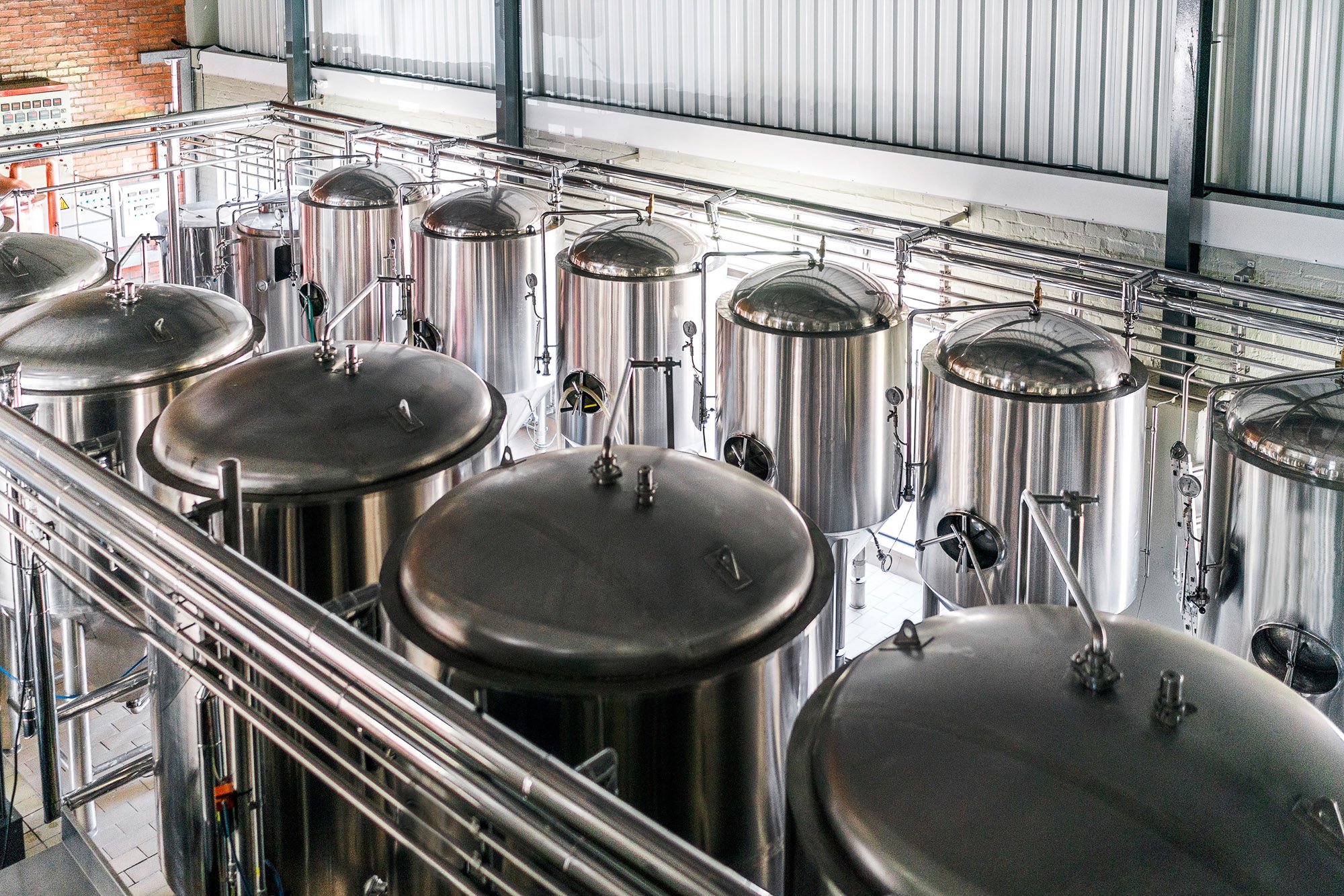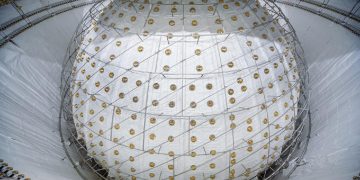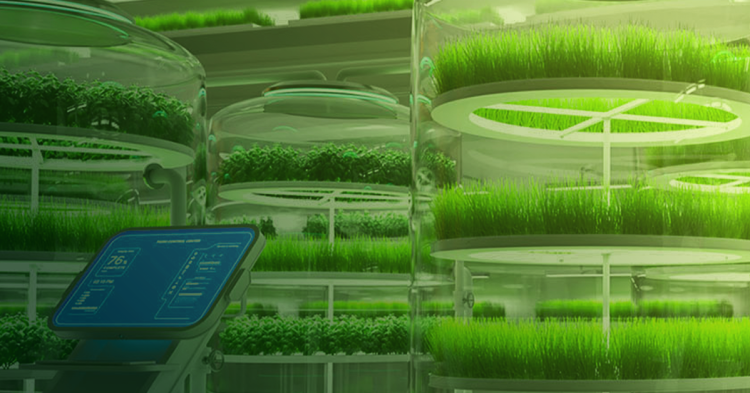Synthetic biology, the multidisciplinary field that merges biology, engineering, and technology, is emerging as one of the most innovative solutions to some of the most pressing global challenges. Among these challenges, the future of food stands out as both a critical and urgent issue. The world’s population is growing rapidly, food security is becoming more uncertain, and the traditional methods of agriculture and food production are facing mounting environmental pressures. As we look toward the future, synthetic biology offers transformative potential for reshaping food production systems in ways that are sustainable, efficient, and able to meet the diverse needs of a rapidly changing world.
Understanding Synthetic Biology and Its Relevance to Food
At its core, synthetic biology is about designing and constructing new biological parts, devices, and systems that do not exist naturally. This involves manipulating microorganisms, such as bacteria or yeast, to produce useful compounds or perform specific functions. Unlike traditional genetic engineering, which typically involves altering existing genes to improve a biological function, synthetic biology aims to create entirely new biological functions and processes. This has profound implications for the food industry, offering the potential for innovations ranging from lab-grown meat to bio-based food ingredients and enhanced crop yields.
The beauty of synthetic biology in food production lies in its versatility. Through precise genetic modifications, microorganisms can be programmed to produce proteins, fats, sugars, and other compounds traditionally sourced from plants and animals. These engineered organisms can also be optimized to work in specific environments, reduce waste, and even function under adverse conditions, making them ideal candidates for producing food in a resource-efficient manner.
Revolutionizing Protein Production
Protein is a fundamental building block of the human diet, but the traditional methods of sourcing protein—through livestock farming and agriculture—are resource-intensive and environmentally taxing. The livestock industry is one of the largest contributors to greenhouse gas emissions, and traditional farming requires vast amounts of water, land, and feed. As the global population grows, the demand for protein continues to increase, putting further strain on the planet’s limited resources.
Synthetic biology offers a radical alternative: engineered microorganisms can produce protein without the need for livestock. This process, known as “precision fermentation,” involves programming microorganisms to produce proteins that mimic those found in animal-based products. This has paved the way for a new generation of plant-based and lab-grown proteins that are more sustainable and require far fewer resources.
One of the most notable examples of synthetic biology in protein production is the creation of lab-grown meat, or cultured meat. In this process, animal cells are harvested and cultured in a laboratory setting to grow muscle tissue, which can then be used to produce meat without the need to raise and slaughter animals. Companies like Mosa Meat and Eat Just are at the forefront of this technology, which could significantly reduce the environmental footprint of meat production, decrease animal cruelty, and provide a solution to the growing global demand for animal protein.

But lab-grown meat is just one part of the synthetic biology revolution. Microorganisms such as yeast and bacteria can also be engineered to produce proteins like whey or casein (the primary proteins in dairy), providing a more sustainable alternative to traditional dairy farming. Companies like Perfect Day have already begun producing dairy proteins via fermentation, which can be used to create dairy-like products without the environmental impact of conventional dairy farming.
Addressing Nutritional Needs with Engineered Foods
In addition to revolutionizing protein production, synthetic biology also holds the key to addressing some of the world’s most pressing nutritional challenges. Malnutrition, particularly in developing regions, is often linked to deficiencies in essential nutrients such as vitamins, minerals, and amino acids. While fortified foods have been used to address these deficiencies, synthetic biology provides an even more targeted approach.
For example, microorganisms can be engineered to produce micronutrients such as vitamins, minerals, and amino acids in large quantities. This could lead to the creation of bio-fortified foods that are richer in essential nutrients, offering a more sustainable solution to the problem of global malnutrition. Moreover, the ability to engineer crops with specific nutritional profiles could improve the quality of food grown in regions where soil quality and agricultural infrastructure are poor.
Synthetic biology could also play a role in developing alternative sources of essential fats. Omega-3 fatty acids, for example, are typically sourced from fish, but concerns over overfishing and environmental degradation have led to the search for alternative production methods. By engineering algae or other microorganisms to produce omega-3s, it may be possible to supply these essential fats in a more sustainable and ethical manner.
Sustainable Agriculture: Reducing the Environmental Impact of Food Production

The environmental impact of traditional agriculture is one of the biggest challenges facing the global food system. Deforestation, soil degradation, water overuse, and pesticide runoff are just some of the many environmental issues tied to conventional farming practices. Synthetic biology offers innovative solutions to mitigate these problems and create a more sustainable food system.
One area where synthetic biology can make a significant impact is in the development of more resilient crops. By engineering plants to be more resistant to pests, diseases, and extreme weather conditions, synthetic biology could reduce the need for chemical pesticides and fertilizers, which are not only harmful to the environment but also to human health. Crops engineered to tolerate drought or high salinity could be grown in regions where conventional crops would fail, increasing food security in areas that are vulnerable to climate change.
In addition, synthetic biology can help reduce the environmental footprint of agriculture by improving the efficiency of nitrogen use in plants. Nitrogen fertilizers are a major source of pollution and greenhouse gas emissions, but through synthetic biology, scientists are exploring ways to engineer crops that can fix their own nitrogen, eliminating the need for synthetic fertilizers. This could revolutionize agriculture by reducing the reliance on petrochemical inputs and reducing the pollution caused by fertilizer runoff.
Moreover, synthetic biology could also be used to create new food sources altogether. Algae, fungi, and other microorganisms can be cultivated to produce food in highly controlled, vertical farming environments. These systems require significantly less land, water, and energy compared to traditional farming methods. Additionally, microorganisms can be fed on organic waste, turning byproducts into valuable food ingredients and reducing food waste in the process.
The Ethics and Future of Synthetic Biology in Food
While the potential benefits of synthetic biology in food production are immense, there are also significant ethical, regulatory, and social considerations that must be addressed. The idea of genetically engineered organisms in the food supply raises questions about safety, labeling, and the potential long-term effects on human health and the environment.
As synthetic biology moves from the laboratory to the market, there will be ongoing debates about the risks and rewards of using engineered organisms in food production. Governments, regulators, and industry stakeholders will need to work together to establish clear guidelines and standards for the safe use of synthetic biology in food. Transparent labeling will be crucial to ensure consumer confidence and allow people to make informed decisions about the foods they eat.
Another important consideration is the potential for synthetic biology to exacerbate inequalities in the global food system. While the technology has the potential to improve food security and sustainability, it could also be monopolized by large corporations, limiting access to these innovations for small-scale farmers and communities in developing countries. Ensuring equitable access to synthetic biology solutions will be a key challenge moving forward.
The Path Ahead: A New Era of Food Production
The future of food is likely to be defined by the convergence of synthetic biology, biotechnology, and sustainable agriculture. From lab-grown meat and bio-fortified crops to alternative proteins and vertical farms, synthetic biology has the potential to reshape the way we produce, distribute, and consume food.
As with any transformative technology, the path forward will not be without challenges. However, the potential benefits—improved sustainability, greater food security, and a reduction in the environmental impact of food production—are too great to ignore. With careful regulation, ethical considerations, and thoughtful innovation, synthetic biology could play a crucial role in building a more sustainable, resilient, and equitable food system for the future.









































Discussion about this post